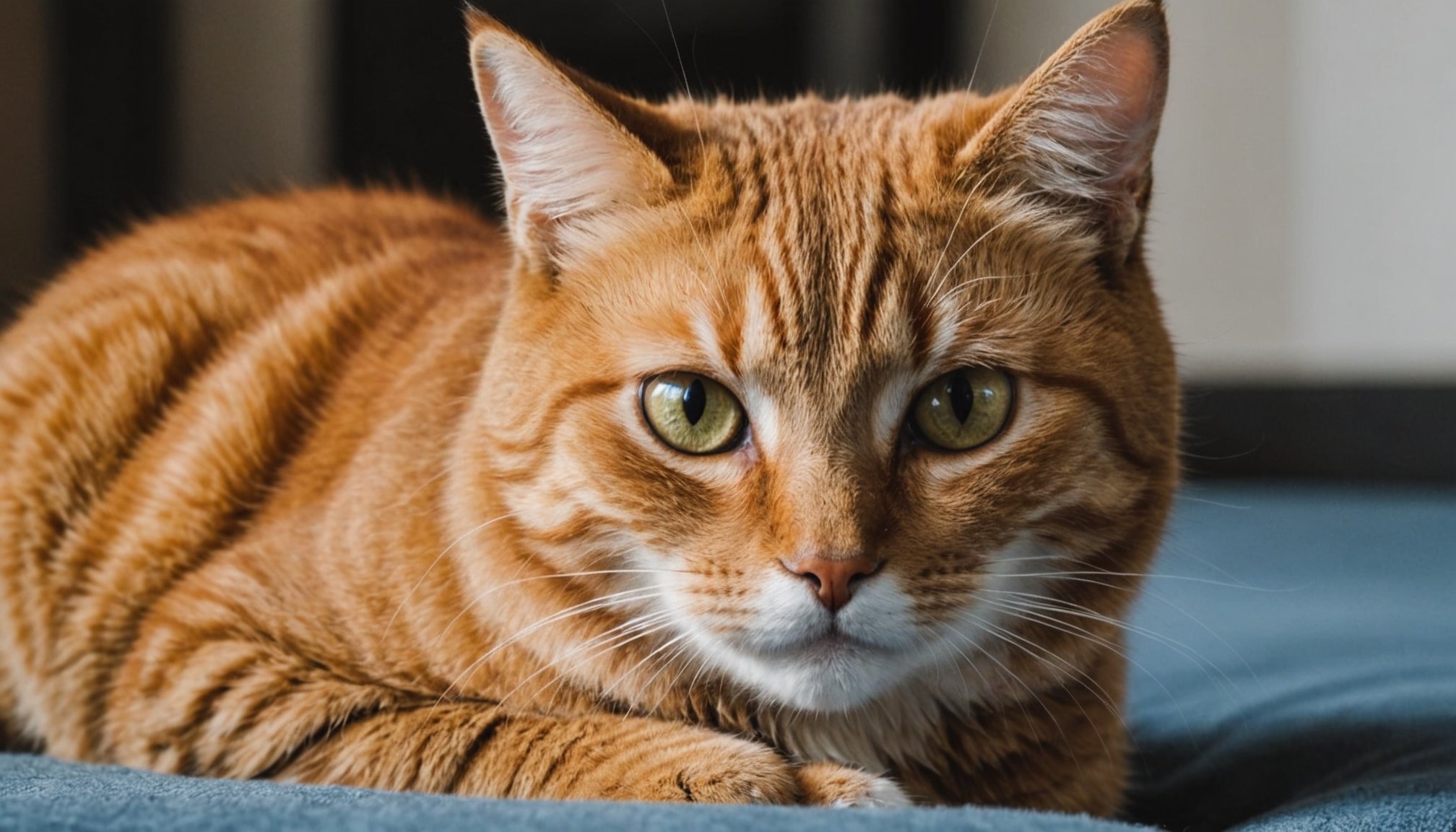As cat owners, you undoubtedly strive to provide the best for your furry companions. While physical health often takes center stage, mental health can be equally critical yet frequently overlooked. Just like humans, cats experience a range of emotions and mental states. Understanding the long-term impacts of neglecting your cat’s mental health can be transformative, ensuring that your beloved pet leads a happy and fulfilling life. In this article, we will explore the various aspects of cat mental health, the consequences of neglect, and ways to promote emotional well-being in your feline friend.
Understanding Cat Mental Health
To appreciate the ramifications of neglecting your cat’s mental health, you must first understand what it entails. Cats, though often perceived as independent, are social creatures that thrive on interaction and environmental stimulation. Their mental health encompasses emotional states, behavioral tendencies, and overall well-being. Key factors affecting your cat’s mental health include socialization, environmental enrichment, and stress management.
This might interest you : What are the indicators of a cat’s happiness or distress in their environment?
Socialization is vital for cats, particularly during their formative months. Kittens learn critical social skills from their interactions with littermates and humans. Conversely, a lack of social exposure can lead to anxiety and behavioral issues later in life. Enrichment, both physical and mental, plays a crucial role in maintaining a cat’s mental health. Activities such as play, exploration, and even training can stimulate your cat’s mind and reduce boredom, which is a common cause of stress.
Furthermore, stress management is paramount. Cats are sensitive to their environment; changes like new pets, moving homes, or loud noises can trigger stress responses. You should be aware of how these changes affect your cat’s emotional state. Recognizing the signs of stress, such as hiding, aggression, or changes in eating habits, is essential for timely intervention. By understanding these components of cat mental health, you position yourselves to better support your furry friend and ensure a happier, healthier life.
Topic to read : How can I recognize the signs of a potential allergic reaction in my cat?
Consequences of Neglecting Mental Health
Neglecting your cat’s mental health can lead to a variety of long-term consequences. The most immediate effect is often behavioral problems. Cats may engage in destructive behaviors such as scratching furniture or knocking over items. Additionally, they might develop aggression towards humans or other pets, leading to a more strained relationship within the household.
Beyond behavior, neglecting mental health can also manifest in physical health issues. Stress and anxiety can weaken a cat’s immune system, making them more susceptible to illness. Cats under chronic stress may also experience gastrointestinal problems, such as vomiting or diarrhea, due to the impact of stress on their digestive systems. This link between mental and physical health is crucial; what begins as emotional distress can quickly evolve into severe health problems.
Long-term effects of emotional neglect may also include increased social withdrawal. A cat that feels unsafe or unfulfilled may become reclusive, losing interest in play, interaction, and even basic activities such as eating or grooming. This withdrawal can further exacerbate existing issues, creating a vicious cycle of neglect and isolation. Therefore, by neglecting your cat’s mental health, you are not merely risking behavioral issues but potentially jeopardizing their overall well-being and happiness.
Signs of Poor Mental Health in Cats
Recognizing the signs of poor mental health in your cat is crucial for taking prompt action. While cats are generally adept at hiding discomfort, subtle clues can indicate deeper issues. One of the most common signs is a change in behavior. If your typically playful cat suddenly becomes lethargic or disinterested in activities they once enjoyed, it may signal anxiety or depression.
Increased aggression or irritability can also point to mental distress. If your cat starts hissing or swatting more than usual, it may be a response to stress or discomfort. Similarly, excessive grooming, or conversely, neglect of grooming, can indicate emotional struggles. Cats might groom obsessively as a coping mechanism or stop grooming altogether if they feel unwell.
Changes in eating habits are another significant indicator. A stressed cat may either overeat or refuse food altogether. Monitor your cat’s weight and appetite closely; fluctuations could signify underlying mental health issues. Litter box problems, such as urinating outside the box, can also stem from emotional distress.
Being vigilant about these signs allows you to address your cat’s needs proactively. Early intervention can significantly improve your cat’s quality of life and prevent more severe issues from developing down the road.
Promoting Your Cat’s Mental Well-being
To safeguard your cat’s mental health, proactive measures are essential. One of the most effective ways to promote mental well-being is through enrichment. Provide a stimulating environment filled with toys, scratching posts, and climbing structures. Rotate toys regularly to keep your cat engaged and interested. Additionally, incorporating interactive playtime into your daily routine can foster bonding and provide much-needed physical and mental stimulation.
Socialization is equally important. Ensure your cat interacts with you and other pets regularly. If you have a new pet or family member, introduce them slowly to minimize stress. You might also consider scheduling playdates with other cats, allowing your pet to socialize in a controlled, safe environment.
Routine is another critical aspect of mental health for cats. Cats thrive on predictability; maintaining a consistent feeding schedule, playtime, and interactions can reduce anxiety. Moreover, providing safe spaces where your cat can retreat when feeling overwhelmed is crucial. Cat trees or cozy hideaways allow them to control their environment and retreat when necessary.
Lastly, recognize the importance of professional help. If you suspect your cat is suffering from severe mental health issues, do not hesitate to consult a veterinarian or a certified animal behaviorist. They can provide tailored solutions to improve your cat’s emotional well-being.
In conclusion, neglecting your cat’s mental health can have profound long-term impacts, affecting their behavior, physical health, and overall quality of life. By understanding the significance of mental well-being, recognizing the signs of distress, and taking proactive steps to ensure a stimulating and nurturing environment, you can foster a happier and healthier life for your feline companion. Remember, your cat relies on you for care and companionship; your efforts to support their mental health are vital in nurturing a loving and joyful relationship.















